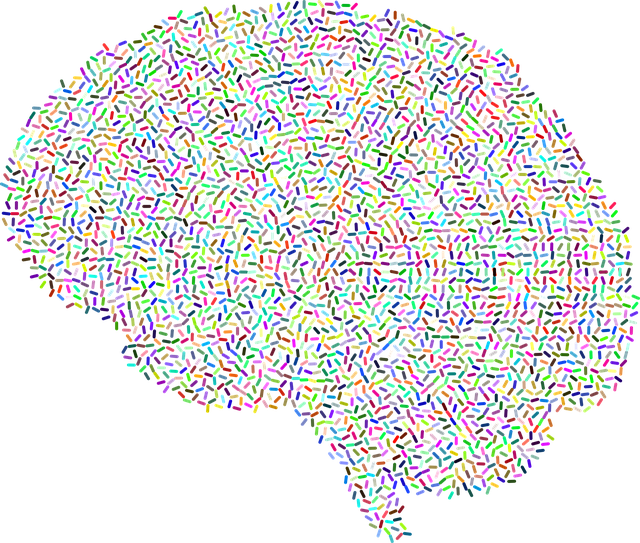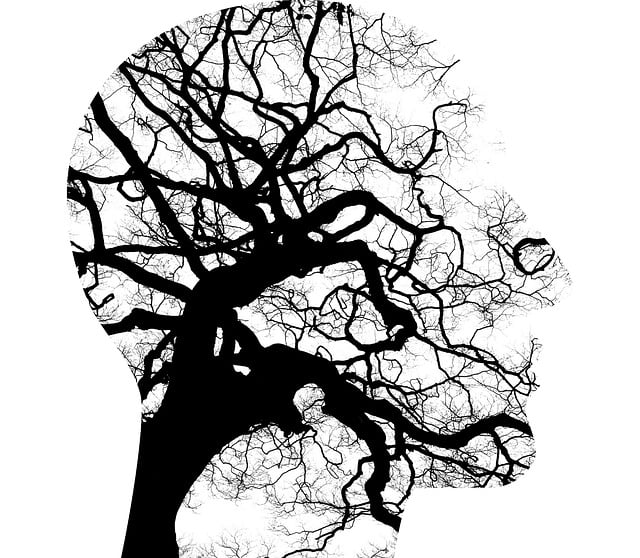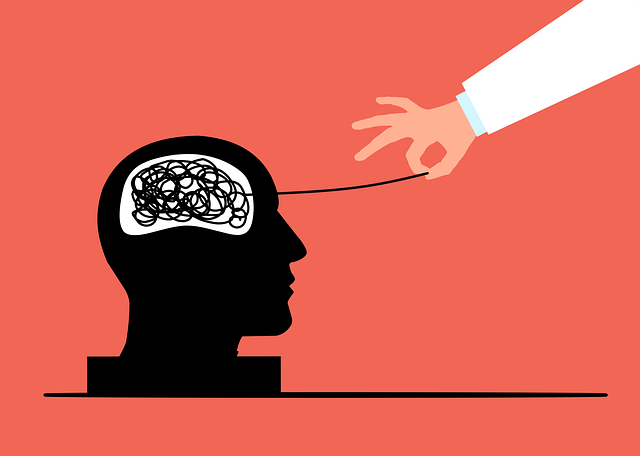Understanding Mental Health Data is a critical step in any analysis process, especially within the context of Arvada Cognitive Behavioral Therapy (CBT). Through collecting and analyzing data from surveys, clinical assessments, and electronic health records, therapists gain insights into individuals' mental health experiences, symptoms, and treatment progress. This data enables them to track improvements in specific areas like self-esteem and analyze crisis intervention patterns. By focusing on evidence-based practices, professionals can identify recurring themes and triggers for distress, tailor interventions precisely, and enhance the accessibility and effectiveness of Arvada CBT services, ultimately improving patient outcomes.
Mental health data analysis is a powerful tool for understanding and improving patient outcomes. This article explores the critical components of mental health data collection and preparation, highlighting best practices from Arvada Cognitive Behavioral Therapy (Arvada CBT). We delve into advanced analytical techniques used to uncover trends and insights, demonstrating how Arvada CBT leverages these methods to inform tailored treatment strategies. By interpreting results effectively, mental health professionals can optimize patient care and foster better mental well-being.
- Understanding Mental Health Data: Collection and Preparation
- Analyzing Trends: Unlocking Insights with Cognitive Behavioral Therapy (Arvada)
- Interpreting Results: Informing Treatment Strategies for Optimal Patient Outcomes
Understanding Mental Health Data: Collection and Preparation

Understanding Mental Health Data is a crucial first step in any analysis process. Collect data from various sources, including self-reported surveys, clinical assessments, and electronic health records. These sources provide insights into individuals’ experiences, symptoms, and treatment progress. When preparing this data for analysis, ensuring accuracy and consistency is vital. Standardized measurement tools and protocols should be employed to guarantee comparability and validity across different patients and settings. This preparation stage involves cleaning the data by addressing missing values, identifying outliers, and categorizing information for meaningful analysis.
In the context of Arvada Cognitive Behavioral Therapy (CBT), effective data collection focuses on symptoms, behaviors, and thoughts related to specific mental health conditions. For instance, tracking changes in self-esteem improvement scores over time can reveal the effectiveness of CBT interventions. Similarly, crisis intervention guidance can be informed by analyzing patterns in emergency room visits or call volumes. By understanding the nuances of collected data, therapists and researchers can gain valuable insights into the Mental Health Awareness landscape and tailor interventions to meet individual needs.
Analyzing Trends: Unlocking Insights with Cognitive Behavioral Therapy (Arvada)

Analyzing trends within mental health data offers profound insights, especially when leveraging evidence-based practices like Arvada Cognitive Behavioral Therapy (Arvada CBT). This therapeutic approach focuses on identifying and modifying negative thought patterns and behaviors, making it a powerful tool for understanding and addressing mental wellness issues. By collecting and analyzing data from various sources—such as therapy sessions, online platforms, or mental health apps—professionals can uncover recurring themes and identify specific triggers for distress.
For instance, the Mental Wellness Podcast Series Production might include data points related to stress levels, burnout prevention strategies, and effective Stress Reduction Methods over time. This analytical process allows therapists using Arvada CBT to tailor interventions precisely, addressing unique challenges faced by individuals or communities. Through data-driven insights, professionals can advocate for better mental health support, ultimately enhancing the accessibility and effectiveness of services.
Interpreting Results: Informing Treatment Strategies for Optimal Patient Outcomes

Interpreting the results of mental health data is a critical step in crafting effective treatment strategies for patients. By analyzing trends and patterns within the collected information, healthcare professionals can gain valuable insights into an individual’s mental state and history. This process involves identifying key indicators that may suggest specific challenges or strengths, such as symptoms of anxiety, depression, or trauma. For instance, consistent reports of elevated stress levels in a patient’s diary could point to a need for coping skills development, whereas frequent episodes of anger management issues might indicate the requirement for more intensive therapy, like Arvada Cognitive Behavioral Therapy (CBT).
Incorporating these findings into treatment planning ensures that interventions are tailored to address the unique needs of each patient. For example, if data reveals successful stress reduction techniques during a crisis intervention guidance session, these strategies can be integrated into the patient’s ongoing therapy. Similarly, identifying areas where a patient demonstrates resilience or improvement can guide therapists in reinforcing positive behaviors and building on these strengths, potentially leading to enhanced well-being outcomes. This data-driven approach not only improves the effectiveness of treatment but also increases the likelihood of achieving optimal patient outcomes, including boosting confidence and fostering coping skills development.
Mental health data analysis, through methods like those employed by Arvada Cognitive Behavioral Therapy, offers profound insights into patient well-being. By understanding trends and interpreting results, healthcare providers can tailor treatment strategies for optimal outcomes. This evidence-based approach not only enhances the effectiveness of therapy but also ensures a more personalized and compassionate care experience for every patient.














